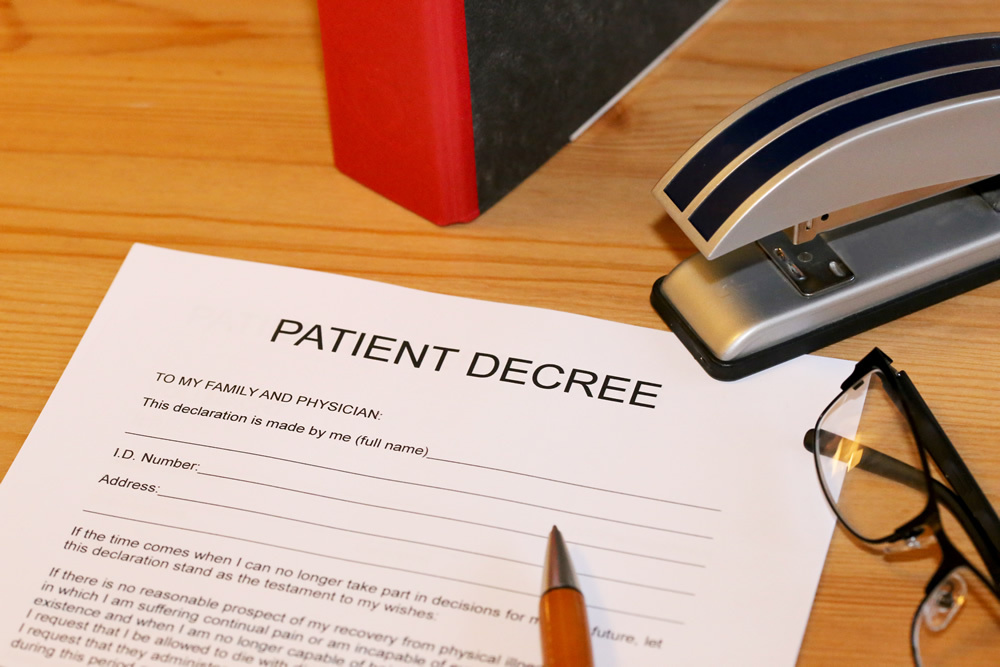
How to choose your Health Care Proxy
If you decide to choose a proxy, think about people you know who share your views and values about life and medical decisions. Your proxy might be a family member, a friend, your lawyer, or someone in your social or spiritual community. It’s a good idea to also name an alternate proxy. It is especially important to have a detailed living will if you choose not to name a proxy.
You can decide how much authority your proxy has over your medical care, whether he or she is entitled to make a wide range of decisions or only a few specific ones. Check with those you choose as your health care proxy and alternate before you name them officially. Make sure they are comfortable with this responsibility.
Making your Health Care Directives Official
Once you have talked with your doctor and have an idea of the types of decisions that could come up in the future and whom you would like as a proxy, if you want one at all, the next step is to fill out the legal forms detailing your wishes. A lawyer can help but is not required. If you decide to use a lawyer, don’t depend on him or her to help you understand different medical treatments.
Many states have their own advance directive.
What to do after you Set up your Advance Directive
Give copies of your advance directive to your health care proxy and alternate proxy. Give your doctor a copy for your medical records. Tell close family members and friends where you keep a copy. If you have to go to the hospital, give the staff there a copy to include in your records. Because you might change your advance directive in the future, it’s a good idea to keep track of who receives a copy.
Review your advance care planning decisions from time to time. For example, every 10 years, if not more often. You might want to revise your preferences for care if your situation on your health changes. Or, you might want to make adjustments if you receive a serious diagnosis, if you get married, separated, or divorced; if your spouse dies, or if something happens to your proxy or alternate. If your preferences change, you will want to make sure your doctor, proxy, and family know about them.
Be Prepared
What happens if you have no advance directive or have made no plans and you become unable to speak for yourself? In such cases, the state where you live will assign someone to make medical decisions on your behalf. This will probably be your spouse, your parents if they are available, or your children if they are adults. If you have no family members, the state will choose someone to represent your best interests.
Always remember: an advance directive is only used if you are in danger of dying and need certain emergency or special measures to keep you alive, but you are able to make those decisions on your own. An advance directive allows you to make your wishes about medical treatment known.
